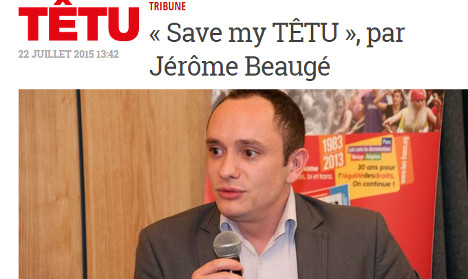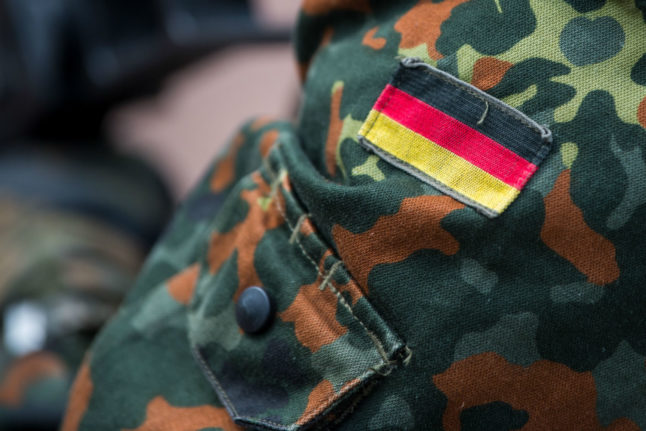“Everybody has been laid off. That's a dozen people, including five journalists,” Yannick Barbe told AFP.
The magazine, declared bankrupt four months ago, had failed to lure credible buyers to save it.
Its last issue was the July-August edition featuring popstar Mika on the cover.
Tetu (the title translates as 'stubborn') was founded by business tycoon Pierre Berge, the longtime lover of fashion guru Yves Saint Laurent.
It operated in the red from the beginning. In 2013 it was sold for a symbolic one euro ($1.1) to a French publisher, Jean-Jacques Augier.
Its losses decreased from two million euros that year to an estimated €600,000 in 2015, but the improvement was not enough to keep the publication afloat. Circulation plummeted by 12.5 percent since 2010.
Barbe had said the magazine suffered from a divisive debate in French society over gay marriage and adoption, signed into law in 2013 after months of controversy and street protests.
The issues made advertisers and potential investors “nervous”, he said last week.



 Please whitelist us to continue reading.
Please whitelist us to continue reading.
Member comments